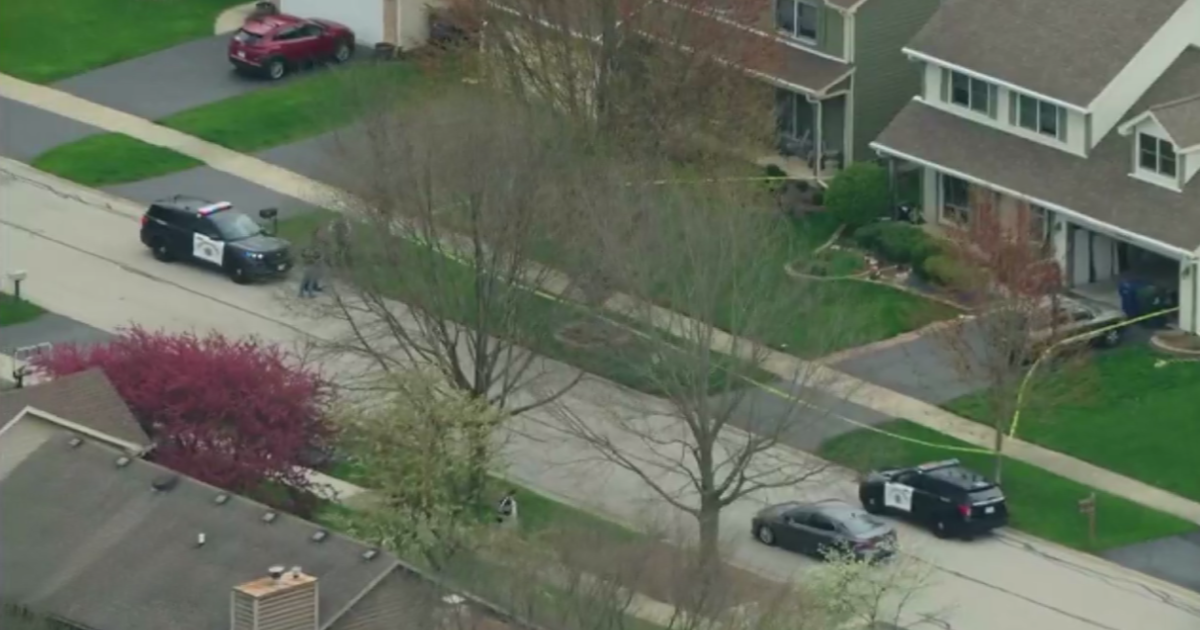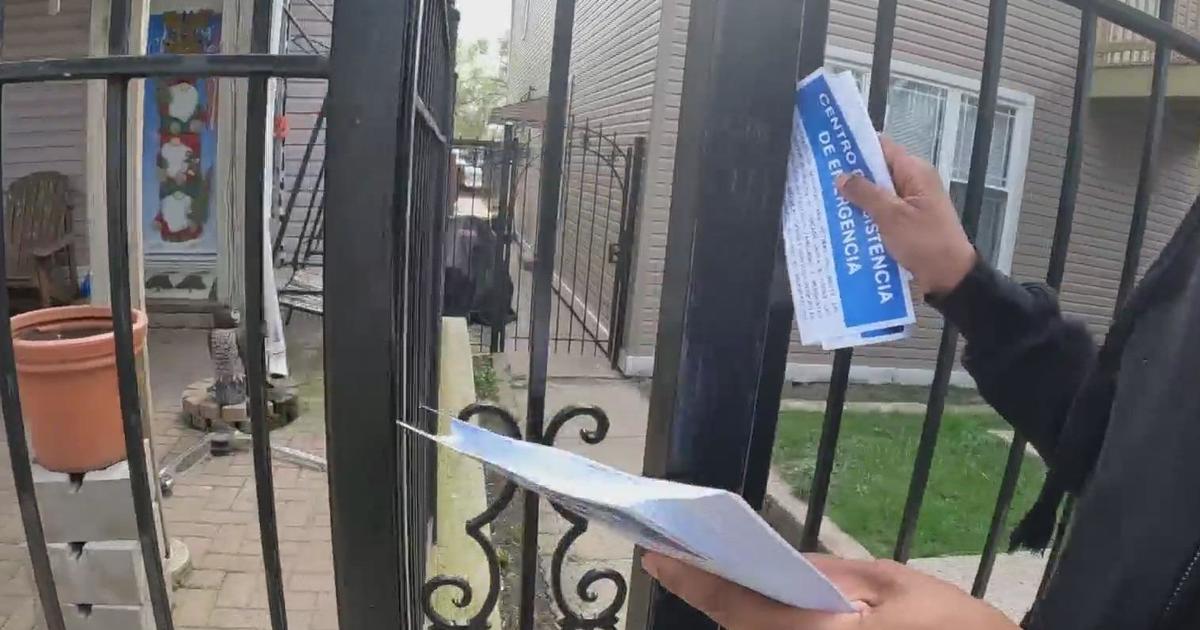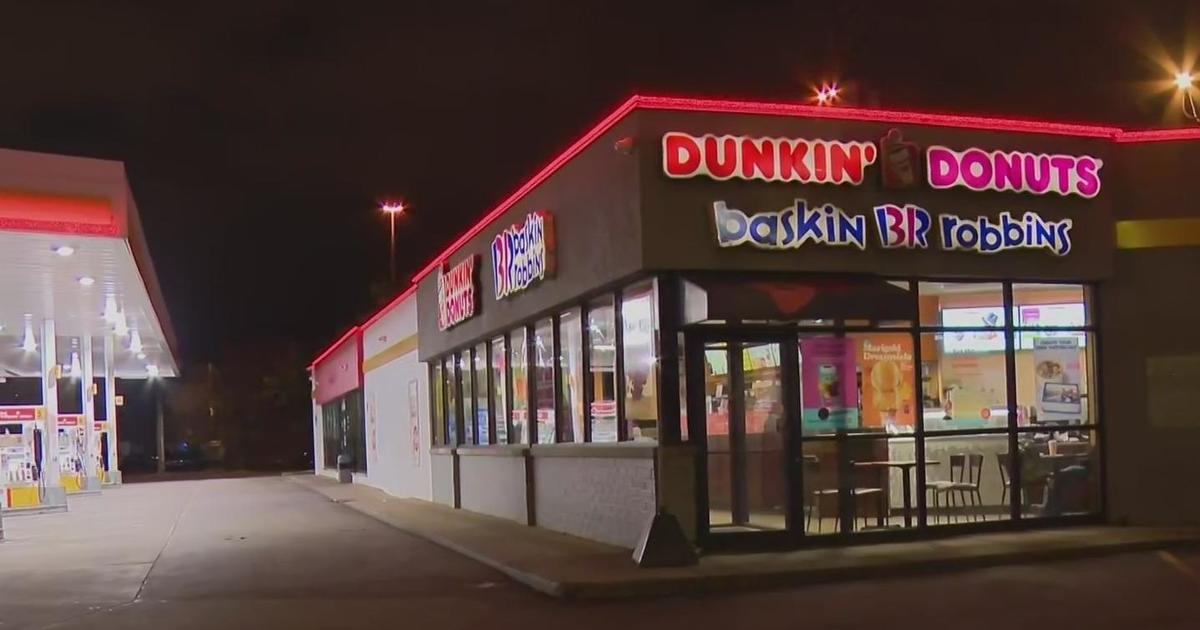Experts Believe Wisconsin Could Be The Key Battleground State In 2020 Presidential Race, And Likely Won't Be Decided Until After Nov. 3
RACINE, Wis. (CBS) -- The first debate between President Donald Trump and Democratic rival former Vice President Joe Biden will be held in Cleveland, Ohio Tuesday night, but the presidential race could hinge on the swing state of Wisconsin.
Some experts believe our northerly neighbor's results could ultimately be the race's deciding factor. As CBS 2 Political Investigator Dana Kozlov reported, one reason is that voter turnout is always high.
General election voter turnout in Wisconsin is usually around 70 percent – one of the highest in the country. But there are also many other reasons why Wisconsin could end up being the key battleground state.
"I think people are excited about the fact that we really could be the state that decides the presidency," said Republican strategist Mark Graul.
It is an opinion shared by many election watchdogs such as Graul – a belief that Wisconsin, a historically politically divided state, may be more important than ever in November.
As to undecided voters in Wisconsin, Democratic strategist Paul Maslin said: "Not large. It's small. It's probably smaller than last time."
Last time, in 2016, President Trump won the state by less than one percent of the vote. Hindsight attributes his win in part to Democratic candidate Hillary Clinton's failure to campaign or spend money in the purple state where a narrow outcome is common.
"What we've seen is three of the last five presidential elections have been decided by less than one percentage point," said Charles Franklin, director of the Marquette Law School Poll.
The current Marquette poll has Biden up by four points. But Franklin's poll in 2016 also predicted a Clinton win.
Franklin and others credit Wisconsin's mixed urban, small-city, and rural populations as one reason for its almost dead-even Republican-Democrat divide.
"I also think we've got a lot of folks in Wisconsin who are independent-thinking; independent-minded," Graul said.
So what will put either candidate over the edge in the Badger State?
"Really, every vote matters," Graul said.
"That means turnout to mobilize your base is huge," Franklin said.
For Biden to prevail, Maslin said it would depend on "minority voters, Latinos and African-Americans. They're a smaller number here in Wisconsin, but they're crucial. It also means, I think, the Millennials."
For President Trump to prevail, Graul said: "He has to do incredibly well in the Green Bay media market – Green Bay, Appleton, Oshkosh area. That's an area where he did very well last time. He even needs to do a little bit better there."
And both need suburban Milwaukee. Visits and ads are key.
Recent data put Biden's ad spending at almost $27.5 million, versus the president's $13.8 million.
"There's no question both parties are putting maximum effort, maximum resources into Wisconsin," Graul said.
Meanwhile, some are predicting that Wisconsin may not be decided until well after Election Day on Nov. 3. The reason is that as presidential campaigning has ramped up and ad buys have skyrocketed, so have requests for absentee ballots.
A total of 1.1 million of them have been requested so far in Wisconsin. Typically, the state sees about 3 million total voters in any presidential election.
"So about a third of what we're anticipating – people that will participate in the election," said Wisconsin Elections Commission Administrator Meagan Wolfe.
A third of Wisconsin's ballots coming in by mail means only one thing to Maslin.
"I hope people understand that what they see on Election Night is not the final answer on this election, no matter what the rhetoric is," he said.
That has the head of Wisconsin's Election Commission prepared to be in the national spotlight.
"We certainly do feel that, and are very cognizant of the fact that, all eyes are on us," Wolfe said.
That applies especially once Wisconsin's election judges start counting absentee ballots when the polls open on Tuesday, Nov. 3. The count is expected to take days, if not weeks, at least.
This is as President Trump is already trying to discredit the importance of those ballots.
"I think the whole mechanics of this election may become the story of this election," Maslin said.
That goes especially in a battleground state like Wisconsin, where this year, a recount is entirely possible.
"We always operate our elections as if there will be one," Wolfe said. "Of course, we never want that to be the case, but we're ready and we're prepared should that be the event."
While absentee voting began in Wisconsin last week, there has been a court fight right now to determine exactly when those ballots have to be returned and if they have to be postmarked to be counted.
On Tuesday, a federal appeals court upheld a judge's ruling that ballots postmarked on or before Nov. 3 will be counted so long as they are received by Monday, Nov. 9.






